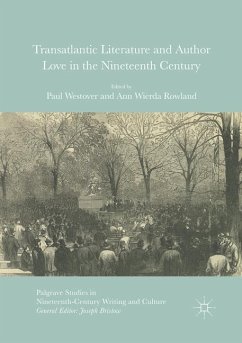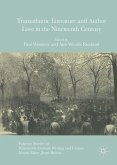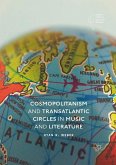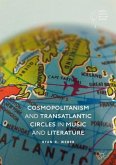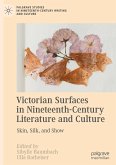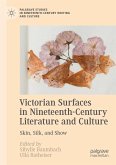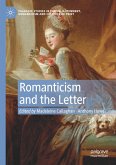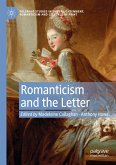This book is about Anglo-American literary heritage. It argues that readers on both sides of the Atlantic shaped the contours of international 'English' in the 1800s, expressing love for books and authors in a wide range of media and social practices. It highlights how, in the wake of American independence, the affection bestowed on authors who became international objects of celebration and commemoration was a major force in the invention of transnational 'English' literature, the popular canon defined by shared language and tradition. While love as such is difficult to quantify and recover, the records of such affection survive not just in print, but also in other media: in monuments, in architecture, and in the ephemera of material culture. Thus, this collection brings into view a wide range of nineteenth-century expressions of love for literature and its creators.
"The volume as a whole proves unusually elegant in conception and rewards reading straight through. A thorough and careful introduction is followed by a series of meticulously edited, carefully contextualized, frequently illustrated, and often imaginatively constructed individual case studies by a mix of scholars, which effectively showcase several possible methodologies for studying transatlantic literary culture." (Nicola J. Watson, Victorian Studies, Vol. 60 (4), 2018)
"This collection explores nineteenth-century readers, their reading, and the invention of 'English' as a transnational identity. ... Readers will find much to admire in these individual authors' contributions. As for the volume as a whole, it astutely assembles key terms and critical conversations in need of further analysis in relation to each other." (Julia Hansen, Review19, nbol-19.org, July, 2017)
"This collection explores nineteenth-century readers, their reading, and the invention of 'English' as a transnational identity. ... Readers will find much to admire in these individual authors' contributions. As for the volume as a whole, it astutely assembles key terms and critical conversations in need of further analysis in relation to each other." (Julia Hansen, Review19, nbol-19.org, July, 2017)

